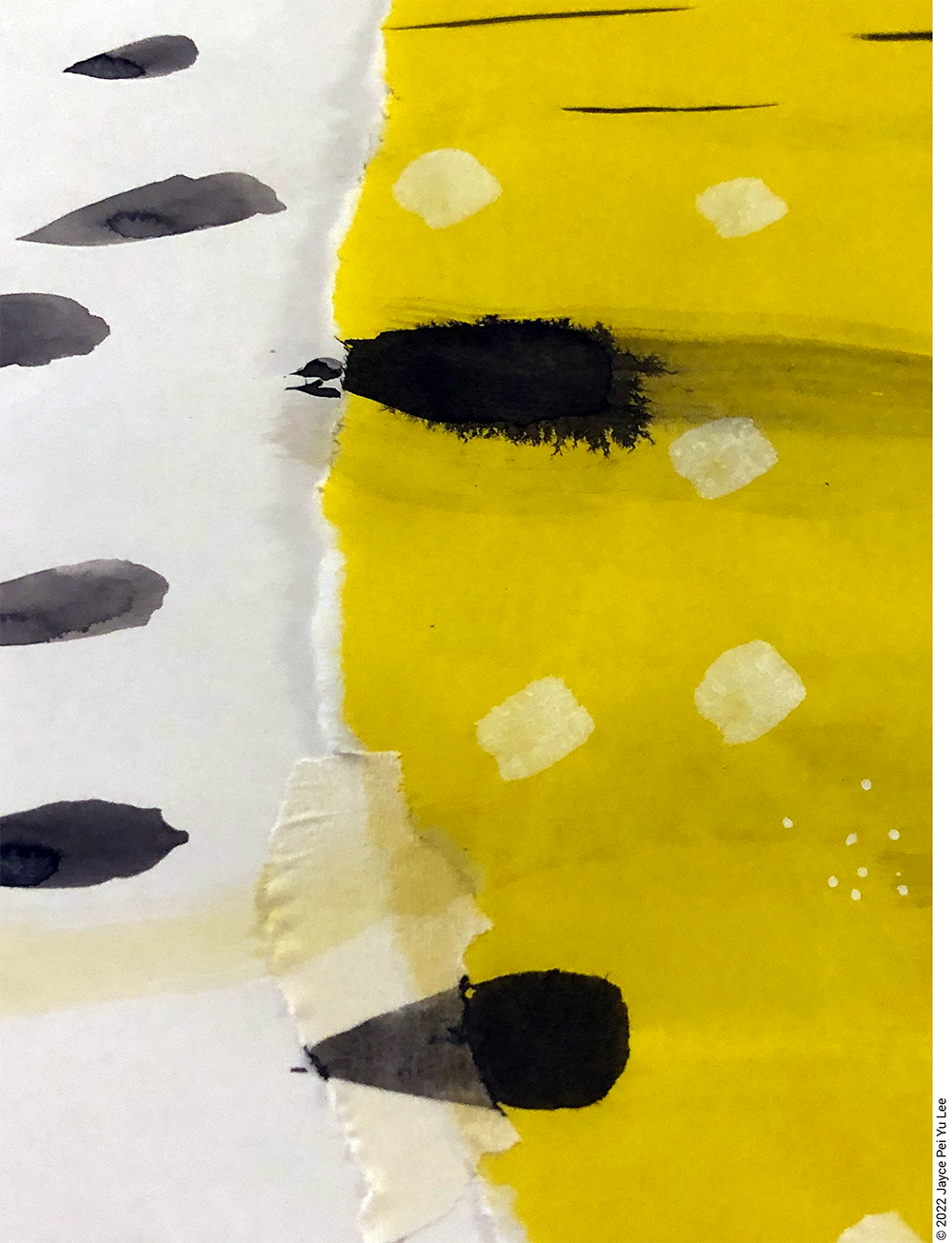MAPA: Co-Creating New Narratives for the 21st Century
DOI:
https://doi.org/10.47061/jabsc.v2i1.2727Keywords:
Social innovation, Theory U, Feminine and masculine values, Plurality, Multiple knowledge systems, VulnerabilityAbstract
This article presents the MAPA Social Innovation Lab and elaborates on the elements that influenced and/or led to constructing new narratives based on a plurality of views and multiplicity of people from different classes, gender and age, in different positions of power. It addresses the short period during with the lab itself was held, the tensions that arose on account of the very characteristics / particularities of the group’s participants, and the breadth and complexity of a co-constructed narrative. The social innovation lab was held in 2019 and was based on Theory U. It consisted of 37 leaders invited to rethink a social model anchored in the feminine-masculine duality starting from the central question: What does the new narrative of feminine and masculine values for the 21st century look like? We present three central principles that underpin the process and, from the point of view of a movement still under construction, we consider important issues for developing a MAPA experience as well as the limitations and possibilities that became (and have become) evident over the course of our MAPA journey.
References
Beauvoir, S. de. (1989). The second sex. Vintage Books.
Bhat, N., & Sisodia, R. (2016). Shakti leadership: Embracing feminine and masculine power in business. Berrett-Koehler Publishers.
Bradbury, H. (2006). The SAGE handbook of Action Research. Sage Publications.
Brydon-Miller, M., Greenwood, D., & Maguire, P. (2003). Editorial: Why action research? Action Research, 1(1), 9–28. https://doi.org/10.1177/14767503030011002
Butler, J. (1999). Gender Trouble: Feminism and the subversion of identity. Routledge.
Deleuze, G. & Guatarri, F. (1995). Mil Platôs vol. 1: Capitalismo e esquizofrenia [Thousand Plateaus: Capitalism and Schizophrenia]. Editora 34.
Dussel, E. (2014). Filosofías del sur. descolonización y transmodernidad [Philosophies of the south. decolonization and transmodernity]. Editorial Akal.
Eisler, R. T. (1988). The chalice and the blade: Our history, our future. Perennial Library.
Geertz, C. (1989). A Interpretação das Culturas [The Interpretation of Cultures]. Guanabara-Koogan.
Instituto Brasileiro de Geografia e Estatística (2015). Pesquisa Nacional por Amostra de Domicílios [National Sample Survey of Households]. https://www.ibge.gov.br/estatisticas/sociais/
Muraro, R. M., & Boff, L. (2002). Feminino e masculino: uma nova consciência para o encontro das diferenças [Feminine and masculine: a new consciousness for the encounter of differences]. Sextante.
Murdock, M. (2013). The heroine’s journey. Shambhala Publications.
Peruzzo, C. (2016). Epistemologia e método da pesquisa-ação: uma aproximação com movimentos sociais e comunicação [Epistemology and method of action research: an approach with social movements and communication]. XXV Encontro Anual da Compós - Grupo de Trabalho Comunicação e Cidadania, Anais. Goiânia: Associação Nacional dos Programas de Pós-Graduação em Comunicação.
Ribeiro, D. (2017). O que é: lugar de fala? [What is it: place of speech? ]. Letramento Justificando.
Rosaldo, M. (1995). O uso e abuso da Antropologia: reflexões sobre o feminismo e entendimento intercultural [The use and abuse of Anthropology: reflections on feminism and intercultural understanding]. Horizontes antropológicos, 1, 11-36.
Sbardelini, R. (2019, December 6). MAPA: uma narrativa para o século 21 [MAPA: a narrative for the 21st century]. Marie Claire (Brazil). https://revistamarieclaire.globo.com/Mulheres-do-Mundo/noticia/2019/12/mapa-uma-narrativa-para-o-seculo-21.html
Scharmer, C. O. (2007). Theory U: leading from the future as it emerges. SoL Press.
Scharmer, C.O. (2018). The essentials of Theory U: Core principles and applications. Berrett-Koehler Publishers.
Sorj, B. (1992). O feminino como metáfora da natureza [The feminine as a metaphor of nature]. Revista Estudos Feministas, 0, 143-150. https://doi.org/10.1590/%25x
Strathern, M. (1988). The gender of the gift: problems with women and problems with society in Melanesia. University of California Press.
Transgender Europe. (2021). Trans murder monitoring (TMM) Report. https://transrespect.org/en/tmm-update-tdor-2021/
Thiollent, M. (1985). Metodologia da pesquisa-ação [Action Research Methodology]. Cortez.
Tripp, D. (2005). Pesquisa-ação. Uma introdução metodológica [Action Research. A methodological introduction]. Educação e Pesquisa, 31(3)., 443-466. https://www.scielo.br/j/ep/a/3DkbXnqBQqyq5bV4TCL9NSH/?lang=en
UN Women Brazil Country Office; Papo de Homem. (2016). Precisamos falar com os homens [We need to talk to the men]. https://issuu.com/onumulheresbrasil/docs/relat__rio_onu_eles_por_elas_pesqui
World Economic Forum. (2018). The Global Gender Gap Report. https://www3.weforum.org/docs/WEF_GGGR_2018.pdf
Downloads
Published
How to Cite
Issue
Section
License
Copyright (c) 2022 Liliane, Renata, Danielle Almeida

This work is licensed under a Creative Commons Attribution 4.0 International License.


